In today’s fast-paced world, children often face numerous challenges that can impact their well-being and development. Mindfulness, a practice of being fully present and non-judgmentally aware of one’s thoughts and emotions, can greatly benefit kids by promoting mental health, focus, and emotional regulation. One powerful way to cultivate mindfulness in children is through the use of inspiring quotes.
In this blog, we will explore the importance of mindfulness for children and provide a collection of mindfulness quotes tailored to inspire young minds.
Table of contents
- Benefits of Mindfulness for Kids
- Understanding Mindfulness for Kids
- The Power of Inspiring Quotes
- Mindfulness Quotes for Kids: Self-Awareness and Reflection
- Mindfulness Quotes for Kids: Gratitude and Appreciation
- Mindfulness Quotes for Kids: Kindness and Compassion
- Mindfulness Quotes for Kids: Embracing Challenges and Growth
- Mindfulness Quotes for Kids: Finding Joy in the Present Moment
- Conclusion
- Frequently Asked Questions(FAQ’s)
Benefits of Mindfulness for Kids
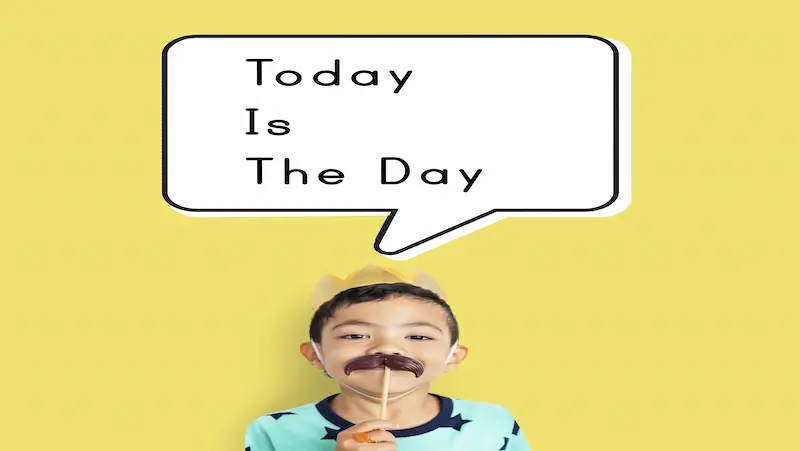
Improved mental health: Mindfulness has been shown to reduce stress, anxiety, and symptoms of depression in children. It helps them develop emotional resilience and coping strategies, leading to improved mental well-being.
Enhanced focus and attention: Regular mindfulness practice strengthens children’s ability to sustain attention, concentrate, and stay focused. This, in turn, can improve their academic performance and overall productivity.
Better emotional regulation: Mindfulness empowers children to understand and regulate their emotions effectively. It helps them develop self-awareness, recognize their feelings without judgement, and respond to challenging situations with calmness and clarity.
Increased self-esteem and self-confidence: Mindfulness cultivates self-acceptance and self-compassion in children. It teaches them to embrace their strengths, acknowledge their areas for growth, and develop a positive self-image.
Improved social skills and relationships: Mindfulness enhances children’s empathy, compassion, and understanding of others. It promotes better communication, conflict resolution, and the ability to build positive and meaningful relationships with peers and adults.
Reduced behaviour problems: Practising mindfulness has been linked to a decrease in impulsive behaviours, aggression, and hyperactivity in children. It helps them develop self-control and make conscious choices, leading to more positive behaviour patterns.
Understanding Mindfulness for Kids
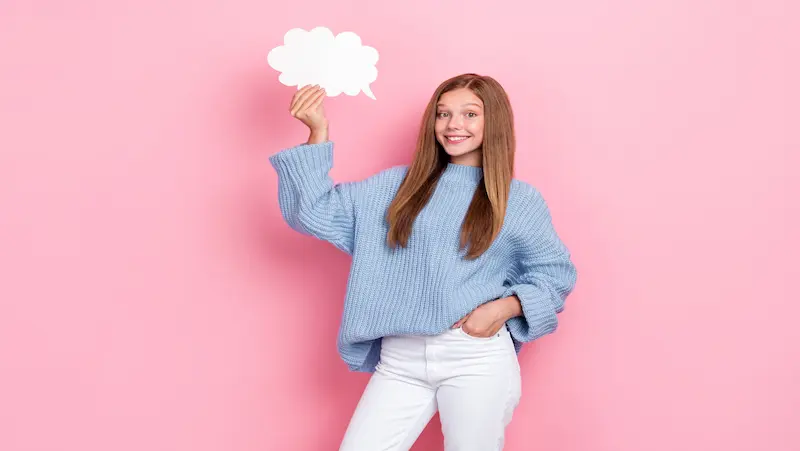
Mindfulness is being aware of what is happening right now: Mindfulness can be explained to children as paying attention to the present moment without getting caught up in thoughts about the past or worries about the future. It is about fully experiencing and appreciating what is happening right now.
Being like a curious observer: Children can understand mindfulness by imagining themselves as curious observers. They can be encouraged to observe their thoughts, feelings, and sensations without judging them as good or bad.
Noticing the breath: One way to practise mindfulness is by paying attention to the breath. Children can be guided to feel the sensation of the breath entering and leaving their bodies, noticing how it feels in their noses or bellies. This helps them anchor their attention to the present moment.
Engaging the senses: Mindfulness can involve noticing the senses. Children can be encouraged to tune in and pay attention to what they see, hear, smell, taste, and touch. For example, they can take a moment to fully appreciate the colours and shapes of nature or to savour the taste and texture of their food.
Mindful play: Mindfulness can be incorporated into playtime. Children can be guided to focus their attention on the present moment while engaging in activities they enjoy. Whether it’s playing with toys, building blocks, or drawing, they can be encouraged to be fully present and immerse themselves in the joy of the activity.
Non-judgmental observation: Children can be taught that mindfulness involves observing their thoughts, emotions, and sensations without labelling them as good or bad. They can learn to accept their experiences as they are without judgement or self-criticism.
Mindfulness as a superpower: Framing mindfulness as a superpower can engage children’s imagination and make it more relatable. They can be encouraged to see mindfulness as a tool that helps them stay calm, focused, and in control of their emotions, just like a superhero.
The Power of Inspiring Quotes
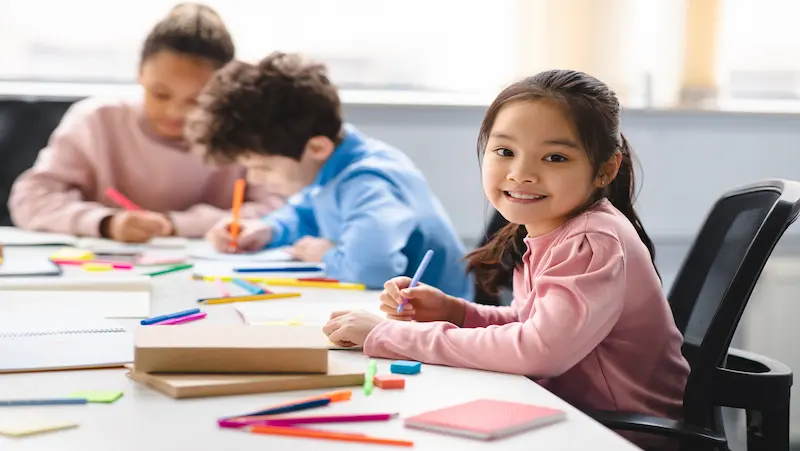
Using inspiring quotes to cultivate mindfulness and a positive mindset in children is incredibly significant. Quotes have the power to serve as powerful tools, acting as reminders and prompts for children to engage in mindful practices throughout their day. They can be used as affirmations, displayed in visible areas, or even discussed during family conversations to explore their deeper meaning.
For instance, the quote “Inhale the future, exhale the past” encourages children to let go of past worries and future anxieties, and instead focus on the present moment. Similarly, the quote by Maya Angelou, “Be present in all things and thankful for all things,” emphasises the importance of gratitude and being fully present in every aspect of life.
Another quote by Jim Elliot, “Wherever you are, be all there,” serves as a gentle reminder for children to be fully engaged in their current experiences and not allow distractions to pull them away. The wise words of Buddha, “Do not dwell in the past; do not dream of the future, concentrate the mind on the present moment,” reinforce the concept of present-moment awareness and the value of focusing one’s attention on the here and now. learn about computer basics for kids.
Mindfulness Quotes for Kids: Self-Awareness and Reflection
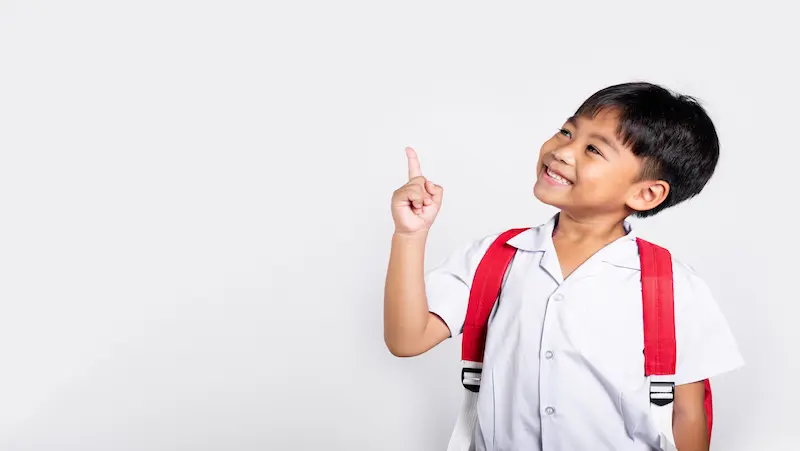
Journaling as a self-reflection tool: Journaling provides a safe and private space for children to express their thoughts, feelings, and experiences. Encouraging children to keep a journal allows them to reflect on their daily activities, challenges, and moments of joy. It enhances self-awareness, emotional intelligence, and introspection.
Discussing thoughts and feelings: Creating an open and supportive environment where children feel comfortable discussing their thoughts and feelings is crucial for self-awareness and reflection. Engaging in meaningful conversations with trusted adults, such as parents or educators, encourages children to explore their experiences, gain insights, and develop a greater understanding of themselves.
Mindfulness Quotes for Kids: Gratitude and Appreciation
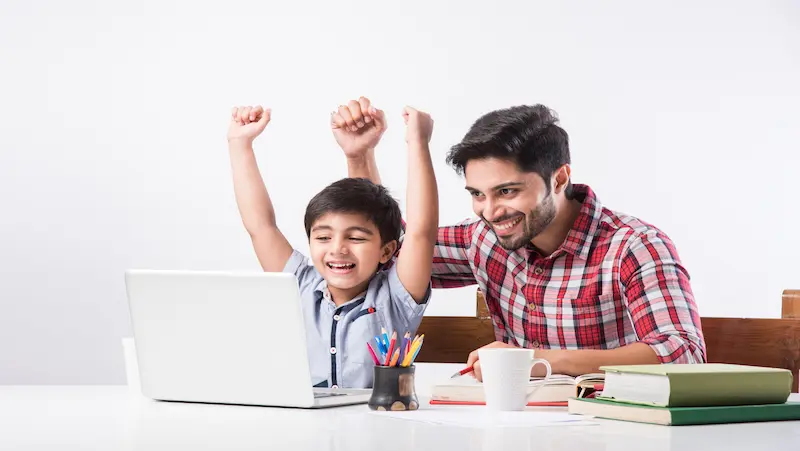
Gratitude and appreciation are the focal points of this section on mindfulness quotes for kids. By introducing quotes that emphasise these values, we aim to instil a mindset of gratitude in kids. Cultivating gratitude is a powerful practice that enhances happiness and well-being. Incorporating mindfulness quotes that encourage gratitude and appreciation into daily conversations and activities helps kids develop an appreciation for the blessings and joys in their lives. By fostering a sense of gratitude, kids can experience greater happiness, resilience, and overall well-being.
Cultivating gratitude for happiness and well-being: Gratitude plays a crucial role in fostering happiness and overall well-being. By focusing on the positive aspects of life and appreciating what they have, children can develop a greater sense of contentment and joy.
“Gratitude turns what we have into enough.” – Melody Beattie: This quote highlights the transformative power of gratitude. It encourages children to shift their focus from what they lack to what they already have, cultivating a sense of appreciation and contentment.
Keeping a gratitude journal: Parents can encourage children to keep a gratitude journal where they can write or draw about things they are thankful for each day. This practice helps children actively reflect on the positive aspects of their lives and fosters a habit of gratitude.
Expressing appreciation to others: Children can be encouraged to express their gratitude and appreciation to family members, friends, teachers, or other individuals who have made a positive impact in their lives. Simple acts like saying “thank you” or writing a heartfelt note can strengthen relationships and cultivate a culture of gratitude.
Acts of kindness: Engaging in acts of kindness is another way to foster gratitude and appreciation. Parents can encourage children to perform random acts of kindness, such as helping a friend in need, sharing with others, or performing small acts of service. These acts not only benefit others but also instil a sense of gratitude and empathy in children.
Mindfulness Quotes for Kids: Kindness and Compassion
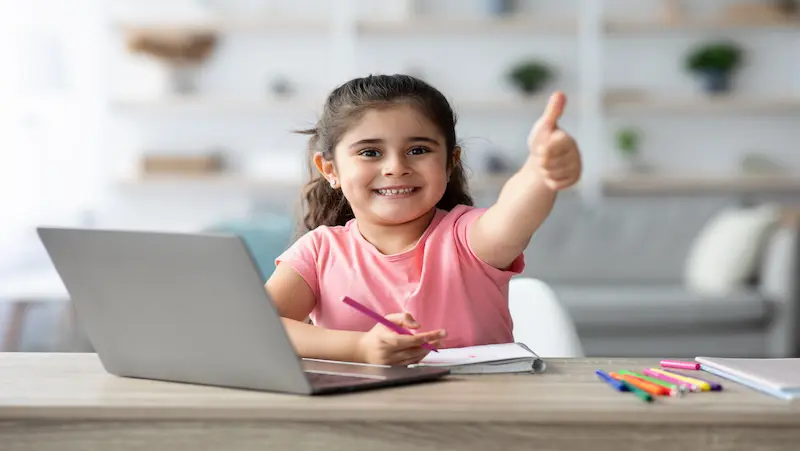
The importance of kindness and compassion: Kindness and compassion are fundamental values that contribute to positive relationships, empathy, and overall well-being. Teaching children to be kind and compassionate towards themselves and others fosters a sense of connection and promotes a harmonious environment.
“Kindness is a language that the deaf can hear and the blind can see.” – Mark Twain: This quote emphasises the universal nature of kindness and its impact on everyone, regardless of differences. It encourages children to understand the power of their actions and words in spreading kindness to others.
The connection between mindfulness and empathy: Mindfulness practices cultivate present-moment awareness and non-judgmental observation, which lay the foundation for empathy. By being fully present and open to the experiences of others, children can develop a deeper understanding of their emotions and needs, fostering empathy and compassion.
Mindfulness Quotes for Kids: Embracing Challenges and Growth
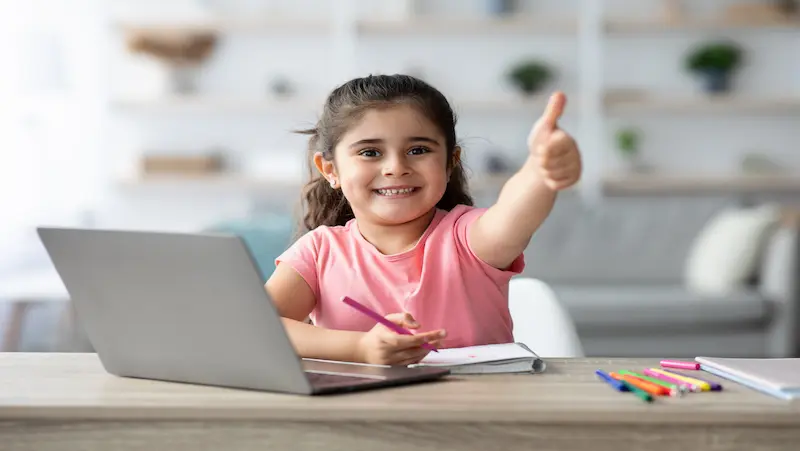
Here are some points related to embracing challenges and growth that can be included in the subdivision:
“The only way to do great work is to love what you do.” – Steve Jobs: This quote highlights the importance of passion and perseverance in pursuing goals. It encourages children to find joy in their pursuits and to approach challenges with enthusiasm and a positive attitude.
The alignment between mindfulness and a growth mindset: Mindfulness practices and a growth mindset share common principles. Both emphasize the importance of being present, embracing difficulties, and learning from setbacks. Mindfulness can support children in developing a growth mindset by cultivating self-awareness, reducing stress, and enhancing their ability to focus on the task at hand.
Mindfulness Quotes for Kids: Finding Joy in the Present Moment
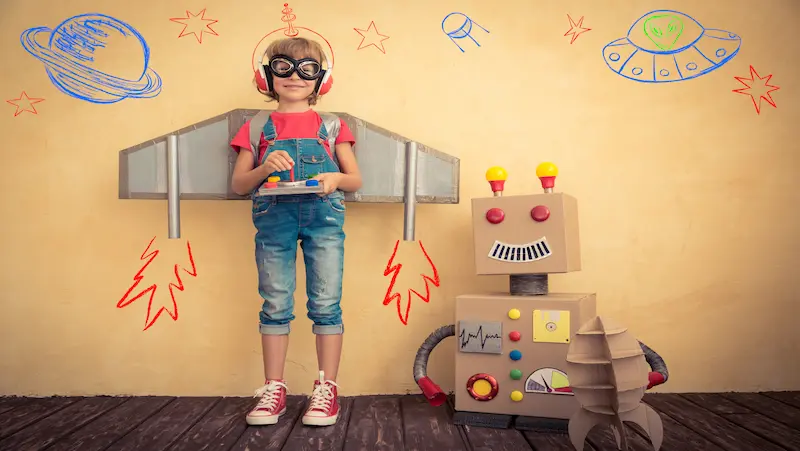
Here are some points related to finding joy in the present moment that can be included in the subdivision:
Finding joy in everyday moments: Cultivating the ability to be fully present and find joy in the present moment is a valuable skill that can enhance children’s overall well-being and happiness. It allows them to appreciate the beauty and wonder of the world around them.
“Happiness is not something ready-made. It comes from your own actions.” – Dalai Lama: This quote reminds children that happiness is not solely dependent on external circumstances but can be cultivated through their own actions and mindset. It encourages them to find joy in the present moment and take responsibility for their own happiness.
Mindful eating: Mindful eating is a practice that involves paying attention to the sensory experience of eating, such as the taste, texture, and smell of food. Encouraging children to eat mindfully helps them slow down, savour each bite, and fully experience the pleasure of eating, fostering a sense of joy and gratitude.
Conclusion
Mindfulness and coding for kids is a valuable practice that can significantly contribute to children’s well-being and development. By integrating inspiring quotes into their daily lives, parents can help their children embrace mindfulness and its benefits.
The curated collection of mindfulness quotes presented in this blog provides a foundation for parents to inspire their children to be mindful, grateful, kind, resilient, and joyful. By teaching mindfulness, parents equip their children with valuable tools to navigate life’s challenges with grace and promote their overall happiness. Remember, positive quotes have the power to shape young minds and create a brighter future.
Also, BrightChamps provides a comprehensive platform for learning about money for kids, offering interactive and engaging resources that teach financial literacy, budgeting, saving, and other essential money management skills. Learn about coding for kids also.
Frequently Asked Questions(FAQ’s)
A1: Mindfulness is the practice of being fully present in the current moment, without judgement. It involves paying attention to one’s thoughts, emotions, and sensations. Mindfulness is important for kids as it helps them develop self-awareness, emotional regulation, and focus. It enhances their overall well-being, resilience, and ability to cope with stress.
A2: Mindfulness helps children thrive by promoting mental and emotional well-being. It improves their ability to manage stress, increases focus and attention, enhances empathy and kindness, and supports emotional regulation. Mindfulness also fosters self-awareness and self-compassion, enabling children to navigate challenges and develop a positive mindset.
A3: Introducing mindfulness to kids can be done through various practical methods. Some examples include guided mindfulness exercises, such as mindful breathing or body scans. Mindful activities like colouring, nature walks, or mindful eating can also engage children in the present moment. Incorporating mindful moments into daily routines, like taking a few deep breaths before starting a task, can also be beneficial.
A4: Yes, there are age-appropriate mindfulness activities for young children. For instance, young children can engage in mindful colouring, where they focus on the colours and movements of their crayons. Mindful storytelling, where they listen attentively and discuss the story’s emotions, can also be effective. Additionally, simple breathing exercises or playful mindfulness games can help young children develop mindfulness skills.
A5: Yes, mindfulness quotes can have a positive impact on children’s emotional well-being. Quotes that promote self-reflection, gratitude, kindness, or resilience can inspire and uplift children. By reading and reflecting on these quotes, children can cultivate a positive mindset, develop emotional intelligence, and gain a deeper understanding of their emotions and experiences.
A6: Parents and educators can use mindfulness quotes as conversation starters or daily affirmations. They can share quotes with children, discuss their meanings, and relate them to real-life situations. Displaying quotes in visible areas like classrooms or bedrooms serves as a visual reminder of mindfulness principles. Parents and educators can also encourage children to create their own mindfulness quotes as a creative and reflective activity.
A7: Yes, there are mindfulness quotes specifically designed for teenagers. These quotes often focus on topics relevant to their age group, such as self-identity, stress management, relationships, and personal growth. Teenagers can benefit from quotes that inspire self-acceptance, resilience, and mindfulness in navigating the challenges and transitions of adolescence.
A8: Incorporating mindfulness into a child’s daily routine offers numerous benefits. It can improve focus and attention, reduce stress and anxiety, enhance self-regulation and impulse control, promote empathy and kindness, and boost overall well-being. Regular mindfulness practice helps children develop lifelong skills for self-care, emotional resilience, and positive relationships.
A9: Mindfulness quotes can help kids develop resilience by providing positive reminders and perspectives during challenging times. Quotes that emphasise resilience, growth mindset, and self-compassion can inspire children to face difficulties with courage and adaptability. Reflecting on these quotes can offer comfort, motivation, and a sense of empowerment to cope with stress and bounce back from setbacks.
A10: Yes, there are mindfulness quotes that promote kindness and empathy among children. These quotes encourage children to treat themselves and others with compassion, understanding, and respect. They highlight the importance of empathy, gratitude, and acts of kindness. By internalising and practising these quotes, children can cultivate a caring and empathetic mindset towards themselves and the world around them.

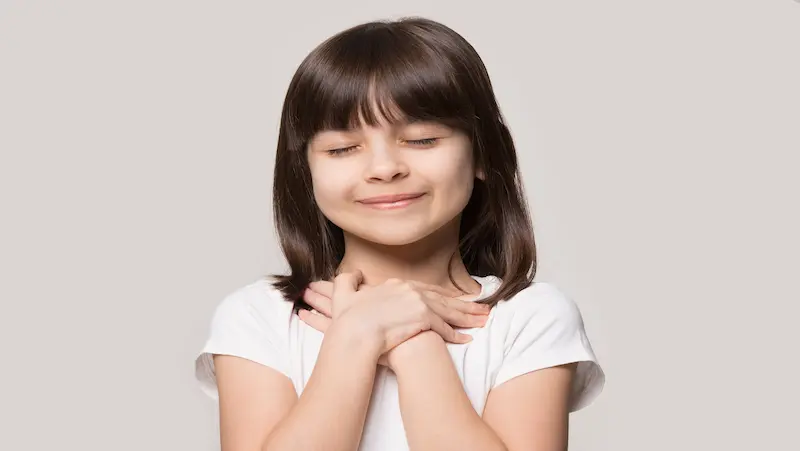
 We are an army of educators and passionate learners from BrightChamps family, committed to providing free learning resources to kids, parents & students.
We are an army of educators and passionate learners from BrightChamps family, committed to providing free learning resources to kids, parents & students.













